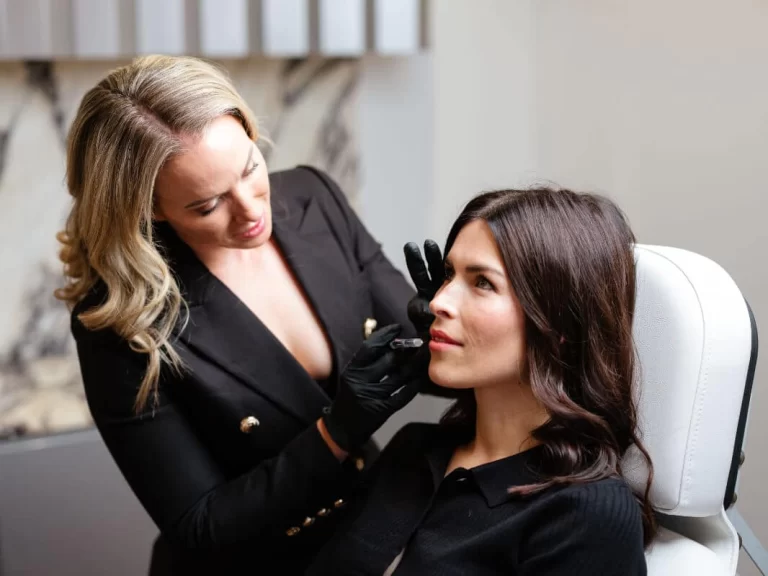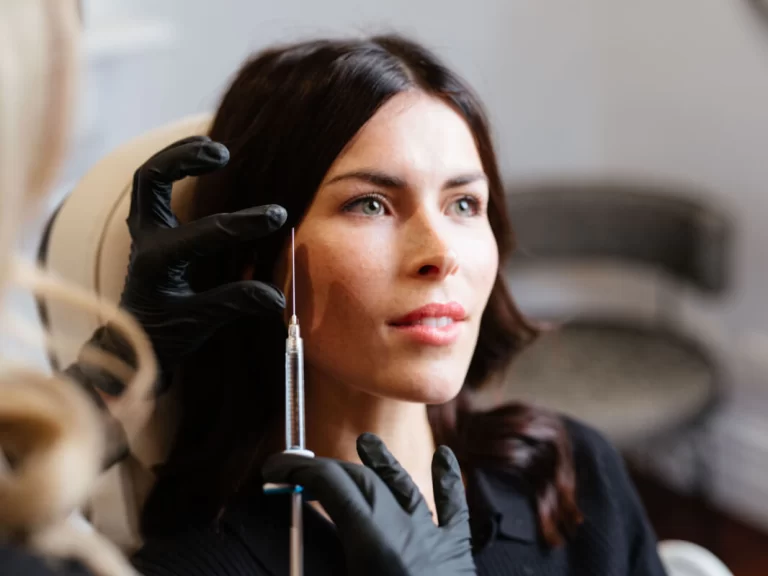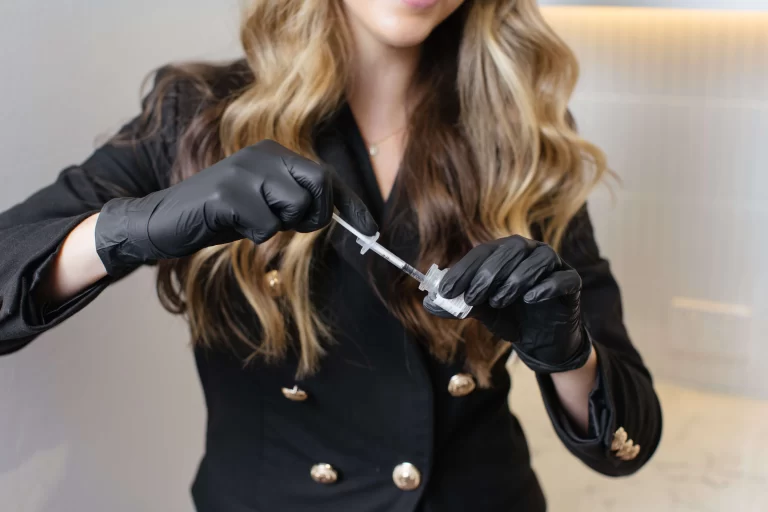Six Skincare Sins

This article first appeared in the March 2021 issue of Retreat Magazine .
The beauty industry is obsessed with skin care and consumers are becoming more educated when it comes to what products to use and how to treat common skin concerns. However, not all of the information available to us is accurate (especially online) and can lead to us damaging our skin and causing more harm than good.
Seeking a professional’s advice when it comes to your skin, whether that just be slowing down the signs of ageing or treating skin concerns such as acne, sensitivity, rosacea or pigmentation, will assist in guiding you to make more informed choices when it comes to how to treat your skin at home and what not to do.
We are all guilty of skipping steps and taking shortcuts with our home skin care. Here are some common mistakes many of my clients make at home which, when corrected, can help to improve your skin and deliver a healthy glow.
1. Not using SPF every single day
The best anti-ageing and preventative skincare product is a broad spectrum SPF. This is a non-negotiable for me and must be used daily, regardless of your skin type or time of the year. UVA and UVB rays cause DNA damage and will not only accelerate the skin’s ageing process (goodbye collagen and elastin) by mutating DNA, exposure will also increase the risk of skin cancers as well as causing cosmetic concerns such as pigmentation, sunspots and redness.
Daily SPF needs to be implemented as part of your morning routine and preferably reapplied during the day (especially in summer or when you have extra sun exposure). Even incidental UV exposure such as through a car window is sufficient to cause enough damage without SPF use.
A common misconception is that foundation with an SPF factor of 15+ for example is enough protection. It is not. This is a nice extra add on to apply AFTER your sunscreen has been applied.
There are so many types of both chemical and physical sunscreens available now, formulated to suit ALL skin types, even for oily skin’s who may not have tolerated the thick and greasy formulations of the past.
My favourite mineral sunscreen (which contains titanium dioxide and zinc oxide) is Mesoestetic Mesoprotech Mineral Matt Anti-ageing Fluid which is amazing for those suffering from hormonal pigmentation, and my absolute go to for daily use due to its broad spectrum SPF 50+ protection and moisturising properties (meaning I can skip my morning moisturiser) is Ultraceuticals Ultimate UV Protective Daily Moisturiser SPF 50+.
2. Wearing makeup to bed and not cleansing correctly
It is safe to say I have made this mistake on many occasions, after a long day it is easy to skip this step and just go to bed without removing your makeup. However, correctly cleansing and applying appropriate skin care at night is one of the easiest ways to improve skin health and combat the ageing process.
Firstly, sleeping with makeup is a guaranteed way to cause skin congestion, breakouts and inflammation, creating a breeding ground for bacteria. Any residual makeup left on in the morning will also be more difficult to remove, further clogging your pores and leading to blackheads and a buildup of dead skin cells and debris from the day before.
Secondly, cleansing at night time has the benefit of cleaning the day away and preparing your skin for the application of your amazing active ingredients which will then work their magic overnight. It is a win-win.
A double cleanse at night (that is using two separate cleansers) will work to firstly remove your make-up (I love using a cleansing oil for this step such as Cosmedix Purity Solution) with the second cleanse being more of a treatment cleanse, working to gently exfoliate and clean, and prepare the skin for your serums. A full double cleanse only takes 2 to 3 minutes so what are you waiting for?

3. Not using the correct products for your skin
Choosing the correct products for your skin can be a minefield. Especially with all of the clever marketing online and on social media. I am a firm believer that we need to see through the “smokes and mirrors” of Instagram and question every product and the “miracle” results it may promise. Not every product is created equal and unfortunately not every product is suitable for every skin type.
Seeing a professional such as your cosmetic doctor or dermatologist, dermal therapist or GP is often the first step to correctly assess your skin, establish your goals and concerns and make some basic recommendations. At least to set you up on a simple routine and offer guidance on key ingredients to look out for.
For example, many people suffering from acne and inflammation are also suffering from severely dehydrated skin which results in a further over production of sebum and oils to combat it. Avoiding moisturisers and emollients with the goal to prevent breakouts is doing more harm than good.
Another common mistake is that many people with sensitive skins with impaired barrier function think their skin is just dry but at the same time are using strong active (often prescribed) ingredients which are further stripping away the skin’s protective barrier.
Some strong active ingredients like Vitamin A and AHAs, when prescribed correctly can transform the skin, but can also cause more harm than good when not used properly. Don’t self prescribe and follow the advice of a trusted professional, slowly introduce new products and don’t just follow the latest skincare trend.
4. Not applying your products correctly
Who knew skin care could be so complicated? It doesn’t need to be and often simplifying your routine and applying products in the correct order is a simple change that does wonders.
Firstly look at the active ingredients you are using. If you are combining ingredients such as AHAs, retinol, vitamin C all in a single product or at the same time then it may be a good idea to scale back a little bit, especially if your skin is sensitised and not improving.
Over use of active ingredients and combining incorrect ingredients together will cause further barrier repair. Again, asking the advice of a professional in the correct application of your products is important.
Applying products in the wrong order is also common. Your expensive and active vitamin A serum will not be able to work its wonders and be delivered deep into your skin if you apply it over your moisturiser at night time. I often advise my clients to start with the lightest products first, working up to your moisturiser.
For example – cleanse, eye serum, treatment serum (such as vitamin C or vitamin A), hyaluronic acid serum and finishing with a moisturiser. If your skin is sensitive or you’ve been overusing products and need to “reset” your skin the best advice is “less is more”.
Start with a gentle cleanser and apply a restorative Niacinamide or Hyaluronic acid serum to restore barrier function and hydrate the skin. My absolute favourite is PCA Skin Hyaluronic Acid Boosting Serum.

5. Over exfoliating
It is tempting to exfoliate your skin every day as it often feels smooth and soft afterwards and can temporarily assist those with dry and flaky skin. Exfoliating certainly has its place but in moderation. The frequency of exfoliation does depend on skin type and concern but I certainly recommend NOT exfoliating every day.
Many physical exfoliants are rough and textured and work to scratch the skin, leaving tiny microscopic cuts and tears. Yes, they remove excess skin but in doing so they also disturb the skin’s healthy protective barrier. Over time and with ongoing use the skin will be stripped back instead of gently exfoliated. Micro cuts expose the skin to infection and make it vulnerable to irritation. The protective barrier function is also impaired meaning the natural oil balance is disturbed and the skin can become dry.
There are plenty of alternatives to harsher exfoliants, but please do not buy a pharmacy brand product. A favourite of mine is the gentle Purity Detox Scrub from Cosmedix. This is a full body scrub which contains gentle physical exfoliators such as poppy, jojoba and date seeds for a soft and natural exfoliation of dead skin cells and debris.
It also contains the powerful chemical exfoliant Salicylic acid which dissolves the debris in pores giving an intense clarifying treatment. This product is very gentle and works to both cleanse and polish the skin leaving a smoother texture and allowing for your active serums to be absorbed following.
Try it on your knees, elbows and heels and mix with water for a more aggressive scrub. But remember, just once or twice a week!
6. Forgetting about your neck and decolletage
This is a cardinal sin of skincare. Treating the neck, decolletage and hands is exceptionally important and once the damage is done, it is very difficult to repair.
We look after our face and invest in expensive products, but we should not neglect our neck and decolletage. When you are applying your skin care or having a treatment done in clinic, why stop at your jawline? Your neck and decolletage often get just as much sun and environmental exposure, plus the skin in these areas is much thinner and will prematurely lose elasticity resulting in textural changes, sagginess and sun damage if left untreated.
Extend the love to all of those sun exposed areas (don’t forget your hands too). I often advise clients to mix their products with a moisturiser to extend their use if they’re not wanting to use a lot of their expensive serums on these larger areas.
Simplifying your regime for the neck and the decolletage is much better than nothing though, even just an SPF in the morning with a retinol and moisturizer in the evening will do wonders and prevent the need for expensive laser or even surgical treatments eventually.
Prevention is of course better than cure so keeping these areas protected from the sun is especially important, whether that be with covered clothing or even those fancy leather driving gloves.



